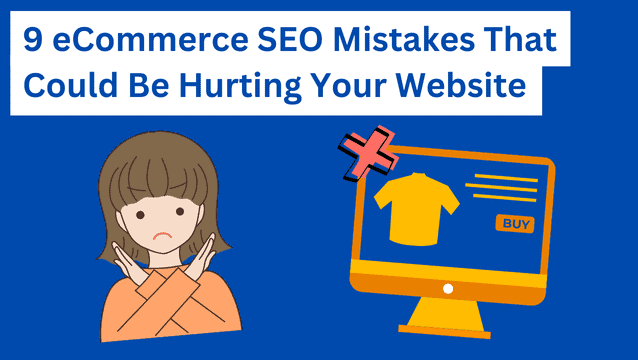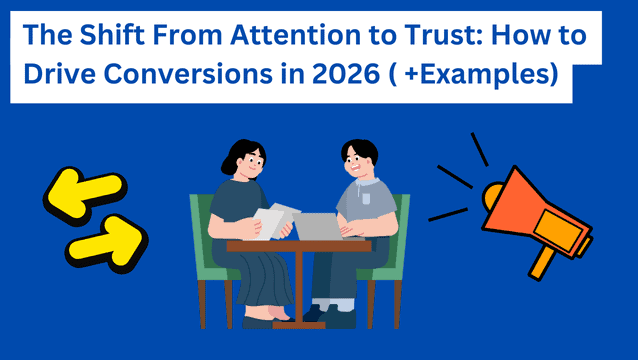November’s final news roundup reviews Google updating its Business Profile age-restriction guidelines, testing the removal of hotel features in three EU countries to help smaller operators, blocking a thousand fake Chinese news websites, and being sued by Canada’s Competition Bureau for anti-competitive behavior in advertising.
From around the web, we look at SEL editor Anu Adegbola’s post on the US Justice Department wrapping up its closing arguments in another Google antitrust trial and SEJ writer Matt G. Southern’s reviews Ofcom’s Online Nation report on the decline of Google Search in the UK due to decreasing trust in AI results.
Google Blocks 1000 Fake Chinese News Sites From Search
Google’s Threat Analysis Group reported blocking over 1000 fake Chinese news websites promoting pro-Beijing propaganda from Google News, Search, and Discovery.
Key takeaways:
- Google’s Threat Analysis Group spent three years tracking fake news sites connected with the Chinese government.
- The TAG says it found over 1000 fake websites and domains during that time and has now blocked them.
- Google identified four companies running fake websites and the PR firms they used to publish their propaganda in dozens of countries.
- The Threat Analysis Group’s investigation reports the companies employed the PR firms to hide their affiliation with the Chinese government, allowing it to claim deniability.
Google Removing Hotel Features In Test To Help Small Operators In Three EU Countries
Google announced it is testing removing maps and certain hotel features in three EU countries to simplify search, meet comparison website demands, and comply with new EU regulations.
The test aims to see if CTR for smaller independent operators increases by reverting to the old “ten blue links” format.
Key takeaways:
- Google admitted that recent changes to Search have made it difficult for users to find independent hotel operators and airlines, and they only benefited large online travel aggregators and comparison websites.
- Google hopes the test will reduce the dominance of large online travel aggregators and comparison websites and increase independent airlines, hotel operators, and small operators/retailers’ free direct booking clicks.
- During the test, Google will display links to individual websites.
Google Updates Business Profile Guidelines On Age-Restricted Products
Google updated its business profile guidelines to ensure that companies without a physical storefront delivering age-restricted products can no longer register as service-area businesses.
The update complies with federal and state regulations relative to the supply and delivery of alcohol, weapons, and cannabis, among other products.
Key takeaways:
- Google’s update requires service-area businesses providing minimum-age requirement products to have a storefront with permanent signage.
- Any business selling age-restricted products without a store with the ability to accommodate customers may not operate as a service-area business.
- Google announced the update on its Business Profile help page.
Google Sued By Canada’s Watchdog Over Anticompetitive Ad Practices
Another week, another lawsuit for Google; this time, Canada is taking the tech giant to court after the Competition Bureau found Google guilty of anticompetitive conduct, which could cause a colossal fine and the enforced sale of two of its advertising services.
Key takeaways:
- Canada’s antitrust watchdog is seeking to force Google to pay a fine of 3% of its global revenue and sell two of its advertising tools to ensure it complies with the country’s competition laws.
- The antitrust watchdog requested Canada’s Competition Bureau to enforce the fine and sale, saying Google had abused its market position to maintain a monopoly by linking its ad tools and ensuring ad auctions were in its favor.
- Canada’s Competition Bureau hagreed with the watchdog’s findings, saying Google had “abused its dominant position” by unlawfully connecting its ad tools.
- Dan Taylor, Google’s vice president of global advertising, said the antitrust watchdog and the Competition Bureau had:
“Ignored the intense competition where ad buyers and sellers have plenty of choice, and we look forward to making our case in court.”
“Our advertising technology tools help websites and apps fund their content and enable businesses of all sizes to effectively reach new customers.”
From Around The Web
Google’s Alleged Adtech Monopoly Faces Historic Antitrust Test
Search Engine Land’s Anu Adegbola reports on the US Justice Department’s closing statements in the antitrust trial accusing Google of running an ad tech monopoly.
The DOJ argues that Google abused its dominance by linking products to lock competitors out and reduce competition.
- Government attorney Aaron Teitelbaum said Google’s market grip shows it is “once, twice, three times a monopolist.”
- Google’s lawyer, Karen Dunn, argued that the government hadn’t proved its case, and the evidence shows Google is an innovator and the company benefits publishers and advertisers.
- Judge Leonie Brinkema will decide what action to take; if she sides with the DOJ and orders the breakup of Google’s ad-tech business, it would set an antitrust legal benchmark for other cases that could affect Meta, Apple, and Amazon.
Google Search Sees UK Decline, Users Express Low Trust In AI
Search Engine Journal writer Matt G. Southern reviews Ofcom’s Online Nation report on UK search habits, revealing a decrease in search usage caused by a lack of trust in AI-powered results.
Key takeaways:
- The report shows how search behavior in the UK varies across devices and age groups.
- Ofcom’s report says Google’s Search market share has weakened, dropping from 86% to 83%.
- Findings show that concerns over the accuracy of AU-powered results caused a decrease in UK users relying on Google Search, with only 18% of people saying they trust the results.


